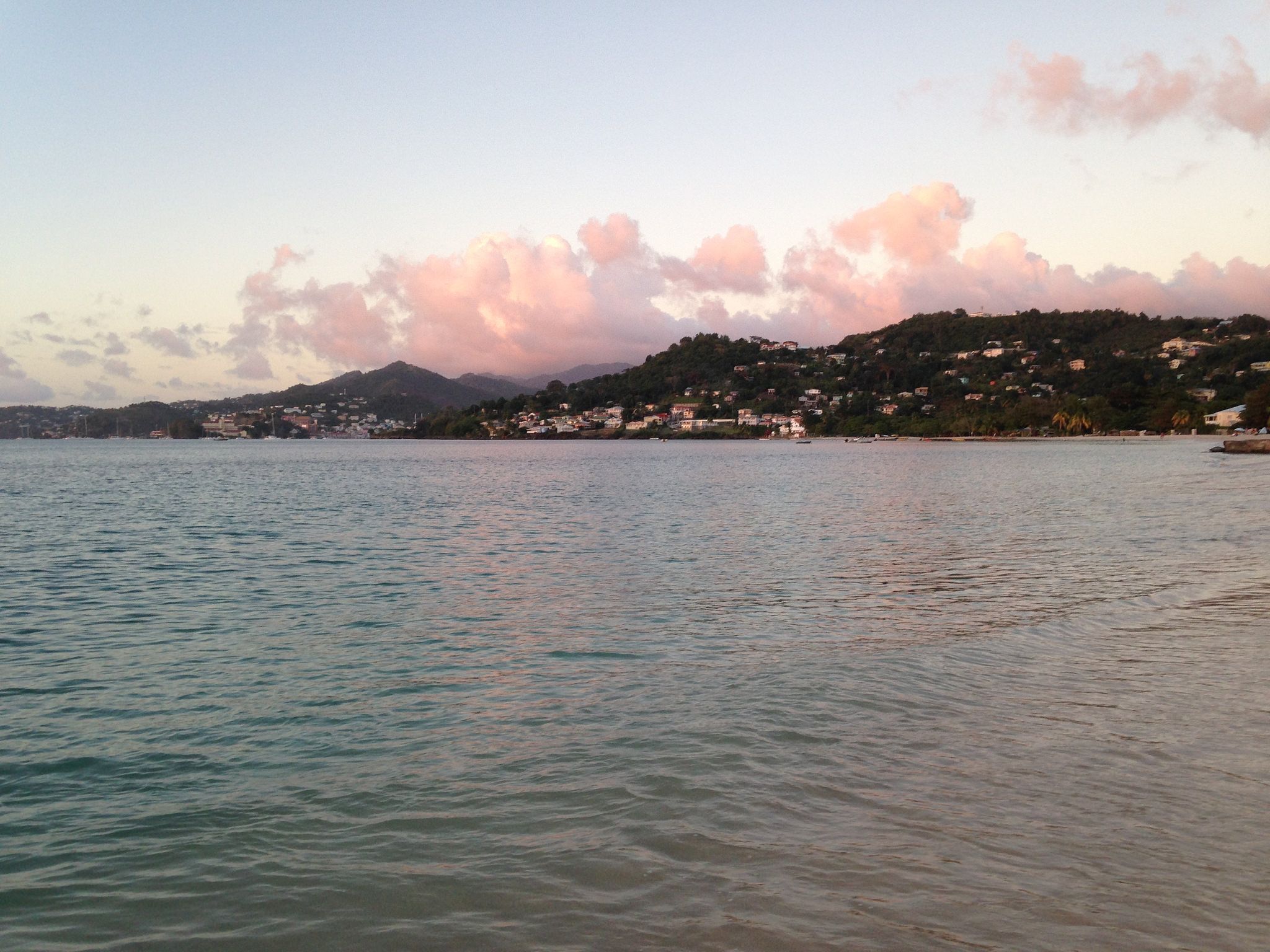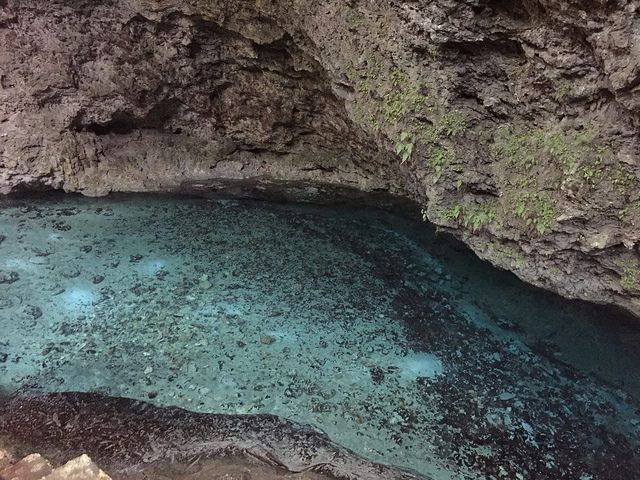How can data contribute to the sustainable management of protected areas? What is in the future for Marine Protected Areas (MPA) data sharing and access? Dionne Carbon, Research Assistant with the Centre for Resource Management and Environmental Studies (CERMES), Cave Hill, UWI, shares her vision on these challenges in the Caribbean region.
What will open data look for marine protected areas? Here in the Caribbean there are two possible options for the future of data: open or closed. A closed future would mean that data collection, sharing and use are limited. Whereas an open future is one where data collected is shared and open to the public and can be used by various organizations to inform policy or decision making. With an open data future for MPAs, governments, businesses and civil society collect, use and publish data openly, so anyone can access it. But the hope is that the aggregation of multiple datasets will paint a bigger picture in terms of what needs to be done and what decisions will benefit the MPAs.
This is the goal of the Caribbean Protected Areas Gateway, linking data to better decisions on the Caribbean’s protected resources. The Caribbean Gateway was established under the Biodiversity and Protected Areas Management Programme (BIOPAMA) as a resource hub for facilitating and promoting viable decisions and policies by decision makers and resource managers for effective and sustainable management of protected areas and biodiversity. BIOPAMA is an initiative of the Africa, Caribbean and Pacific (ACP) Group financially supported by the European Union’s 10th European Development fund (EDF) and is jointly implemented by IUCN, the European Commission Joint Research Centre (EC-JRC) and the Access and Benefit Sharing (ABS) Initiative.
The Gateway is hosted by the University of the West Indies (UWI) and located in the Centre for Resource Management and Environmental Studies (CERMES), Cave Hill campus. With access to better data and analytic tools, MPAs can be monitored and assessed to recognize any changes, be it positive or negative (better outcomes), and determine what decisions can be made to mitigate (better policies and decisions).
Now we need to be reminded that we are in the Caribbean where, culturally, most data are often considered top secret. Many government agencies are reluctant to share data internally. So imagine this initiative reaching out to these partners seeking data, “nuff road blocks”!! Being sent around on a wild goose chase to find the data custodian who is never in office or just stepping out when you called. Or those who are on vacation until late August and there is no one else who can help out. So I am here thinking that I am alone in the Universe (as Arthur C. Clarke said). Then voilà! You get in touch with a few like-minded persons who understand the need for open data and are willing to help. After the talking and interaction there is a better understanding of why data is not being shared, not that I agree, but I understand.
This is why so many gaps exist in the Caribbean. Data does exist but it is not being shared. For example, fisheries divisions may have information about the number of fishermen and fish catch within a community, and community development or gender affairs offices hold data on employment, livelihoods and education. The problem is that there is no merging of these data, so no informed decision can be made. An MPA manger may decide to implement policies that will lead to an expansion of a MPA, but as a result of limited availability to data the manager may not fully understand how it will affect the community. Will fish catch decline? Will fishermen change trade and become masons? Will they be able to provide for their families (food, education)? All these are questions that need to be considered before decisions are made. And with the absence of open data or data sharing a lot more uninformed decisions will be made.
The Caribbean Gateway Open Data initiative seeks to demonstrate the value of bringing diverse datasets together to enhance innovation in planning, management and communications and effective decision-making about protected areas. The initiative is picking up momentum, datasets are slowly coming in, while relationships are being built with various agencies and data custodians. Change is the law of life; data will need to be updated, so fostering good relationships would create a willingness to assist in the future.
“A rolling stone gathers no moss.” Although the Caribbean Gateway will focus on protected areas, it is a start! We begin with just data relating to protected areas, but the possibilities are endless. If data custodians realize the benefit of sharing data with the Caribbean Gateway, they may want to do the same with other kinds of government data. Think of the possibilities!
Related News

prev







